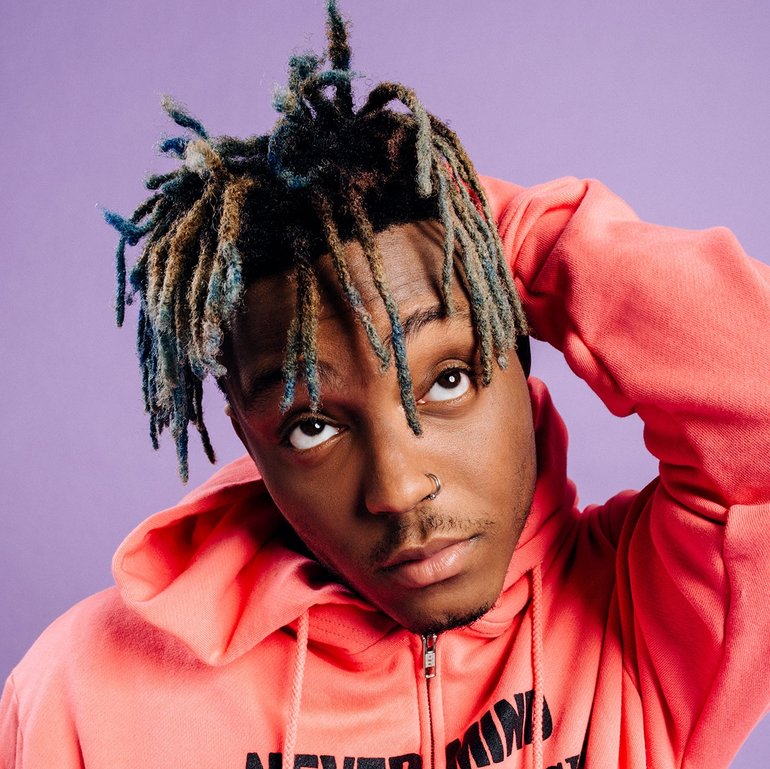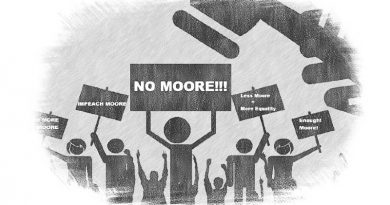Toxic relationship: a beautiful romance?
Mental disorders such as depression and anxiety are slowly turning into a romanticized cultural trend, and it is a toxic turn that could become a very dangerous issue.
The Columbia School of Public Health states that depression increased among U.S. citizens from 2005 to 2015 from 6.6 percent to 7.3 percent. The increase was most rapid among those aged 12 to 17, increasing from 8.7 percent in 2005 to 12.7 percent in 2015.
So what’s causing this spike in depression? Social media’s explosion in popularity correlates with the rise in depression.
There are more than 77.6 million US citizens that are active on Instagram. There are 66 million US citizens on Twitter, and 23 million on Tumblr. The majority of these on social media are people 34 years or younger.
Instagram launched in October of 2010, right in the middle of the increase of depression in teenagers. Twitter was founded in 2006 and Tumblr in 2007.
Each of these popular social media apps hosts hundreds of thousands of accounts that romanticize depression, with posts depicting bloody arms quoting this “beautiful sadness” as if it’s to be admired. Another common trend shows accounts making jokes and memes of depression, self harm, and suicide.
Social media offers these accounts a space to reinvent and glorify a romanticized aesthetic of depression. Instagram hashtags dedicated strictly to self harm posts, drug abuse, and even posts about commiting suicide can be found throughout the platform.

The hashtag #depression on Instagram has 17.1 million posts, with the hashtag #sad having 28.8 million posts. The hashtag #selfharm has 561,000 posts, and #depressionmemes has 259,000 posts.
But it’s not just social media that’s the problem; the larger problem is that social media is only a reflection of our own interests, and it offers a new space for where these thoughts can fester. The romanticism of depression can be found in video platforms, books, poetry, and music. It is a constant struggle for those who want to escape this sickness to get away from the mainstream trend that it has become. Depression is a real, terrifying, and dangerous sickness that media outlets twist into something mainstream, socially acceptable, and flippant issue in the name of profit.
Music also brings attention to depression, but it’s not always supportive. From pop to rock to rap and more, songs discussing depression, suicide, and self harm are nothing new.
Notorious B.I.G., one of 90s’ most popular rappers, has a whole album named Ready to Die. On “Suicidal Thoughts” he raps, “I swear to god I want to just slit my wrists and end this bulls–t / Throw the magnum to my head, threaten to pull this s–t”.
Kanye West in his song “Power” off his 2010 album My Beautiful Dark Twisted Fantasy, raps “now this’ll be a beautiful death” as a gospel chorus sings …”jumping out the window, letting everything go.”
Sadness is not a new trend in hip-hop, but what seems to be a new genre has arised. “Sad rap,” otherwise known as emo rap or emo hip-hop, has been gaining popularity since its introduction in 2012. This genre includes artists such as Lil’ Uzi Vert, Lil’ Peep, Lil’ Xan, Xxxtentacion, Juice Wrld, and other artists rising in popularity, mainly among adolescents.
Deceased new age rapper Xxxtentacion also made constant remarks and references to depression and suicidal thoughts. In his song “Suicide Pit”, he raps “f–k my life, I don’t wanna live, suicide pit”. On another one of Xxxtentacion’s song “SAD!”, which hit number one on the Hot 100 charts, he raps,“Suicide if you ever try to let it go. I’m sad, I know yeah I’m sad, I know.”
Another more current rapper Juice Wrld raps, “F–k livin’, I’ma drown in my sorrow. F–k givin’, I’ma take not borrow. …. All the time given, am I dyin’? Am I livin’? It’s f–k feelings, my sorrow go up to the ceilin’. Now I’m insane, demons in my brain,” on the song “All Girls are the Same.”

The biggest difference from rappers and hip-hop artists making music in the 1990s and early 2000’s and the new age sad rap artists is the core of their content itself: their own mental health issues.
The Notorious BIG felt “broke and depressed” when he made his debut, and Kanye West is known for his struggle with different mental health disorders. But rappers such as XXXtentacion never came out as struggling with mental health issues, and they come off as faking depression for publicity and sales.
As my generation wastes excessive time on social media and while having an unhealthy idolization of sad rappers and their mindsets, why wouldn’t our mental health suffer the consequences?
I wish I could offer a solution or save the day, but I’m struggling just as much as everyone else. It’s hard when we will never escape society’s standards and expectations. We deal with them during school and at at home, and now the latest technology and social media platforms rub those standards in our faces every time we scroll through a feed.
It’s hard enough feeling the need to compare myself to Instagram models, celebrities, and my peers, and social media only offers what seems to be a bottomless pit that reflects my insecurities and depression, turning it into something to be celebrated. It all confuses me, yet I still check Instagram multiple times an hour.
So how do we escape the negative influences? Without deleting social media, we cannot block out all of the negative influences that cause us to feel insecure, but we can stop letting it affect us. Outside influences only have the power that we give to them. The next time you’re inclined to compare yourself to what you see on social media , or come across triggering posts, just take a step back into the real world around you. Put your phone down, it will do more help than harm. If you ever have thoughts of harming yourself or ending your life, you are not alone. The 24 hour depression hotline number is 1-800-273-8255.




